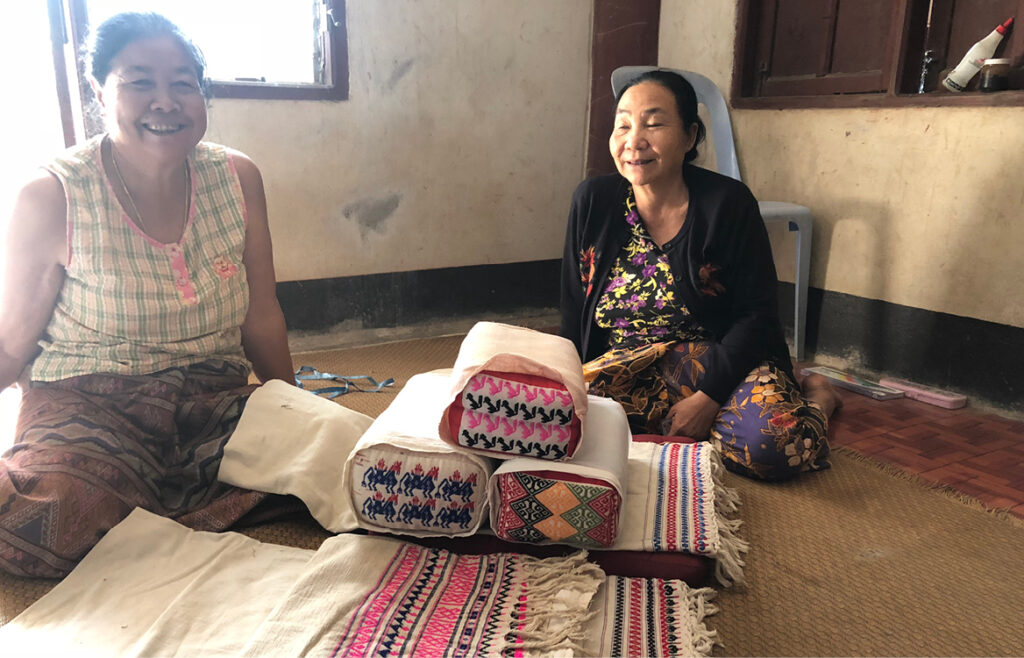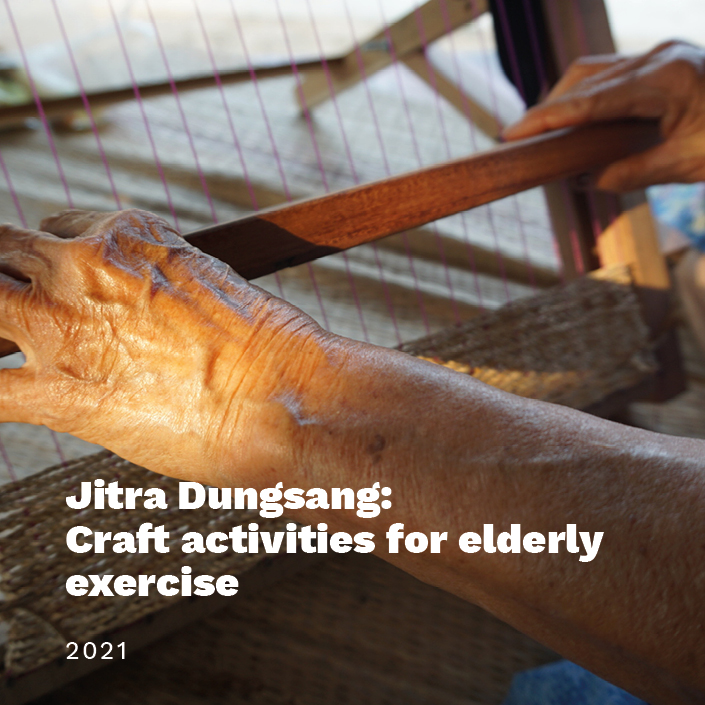2020
SUMANATSYA VOHARN: ENHANCING NORTHERN THAI CRAFT PRODUCTION THROUGH DESIGN-LED ACTIVITIES
Northern handicrafts in Thailand are distinctive for the fact that they are made from local materials which are connected to the traditional and cultural way of life. The development of mass tourism in Thailand from early 1980s has gradually affected local artisans and their livelihood. Traditional craft knowledge has been disappearing because of the transition of everyday craft production into craft industry. The increase in production resulted in a decrease in quality and a transformation of crafts to cheap souvenirs in order to compete in the market. To sustain local crafts, there needs to be a continuous development of new knowledge and the strengthening of pride among artisans.
The current problems in local crafts development are the fall in the number of skilled artisans and the fact that traditional knowledge is not being passed on. This is due to generation gap, limited experience of young artisans, and the lack of support for artisans in terms of developing an understanding about design in order to meet global demands. Therefore, this research attempts to analyse the possibility to enhance traditional craft production in various dimensions using design-led activities.
The research fieldwork conducted during 2016-2019 is divided in 2 parts and involves 4 different projects. The first part aims to explore a possibility for local youth, young designers both Thai and foreigners, to share experiences and work together with local craftsmen through design-led learning activities. The second part promotes the development of craft production and design thinking process which supports knowledge transfer. This process culminated as an exhibition where audiences and project customers provided their feedbacks.
The project established a network dedicated to supporting craft knowledge exchange and the sustainable development of crafts in the local and global context. This network comprises of local and international designers, local artisans and customers. Regarding local identities in craft production, the sharing of experiences from international perspectives can be applied to improve both local crafts and the thinking process. There is also a positive impact for long term local craft development which is fighting against global challenges.






